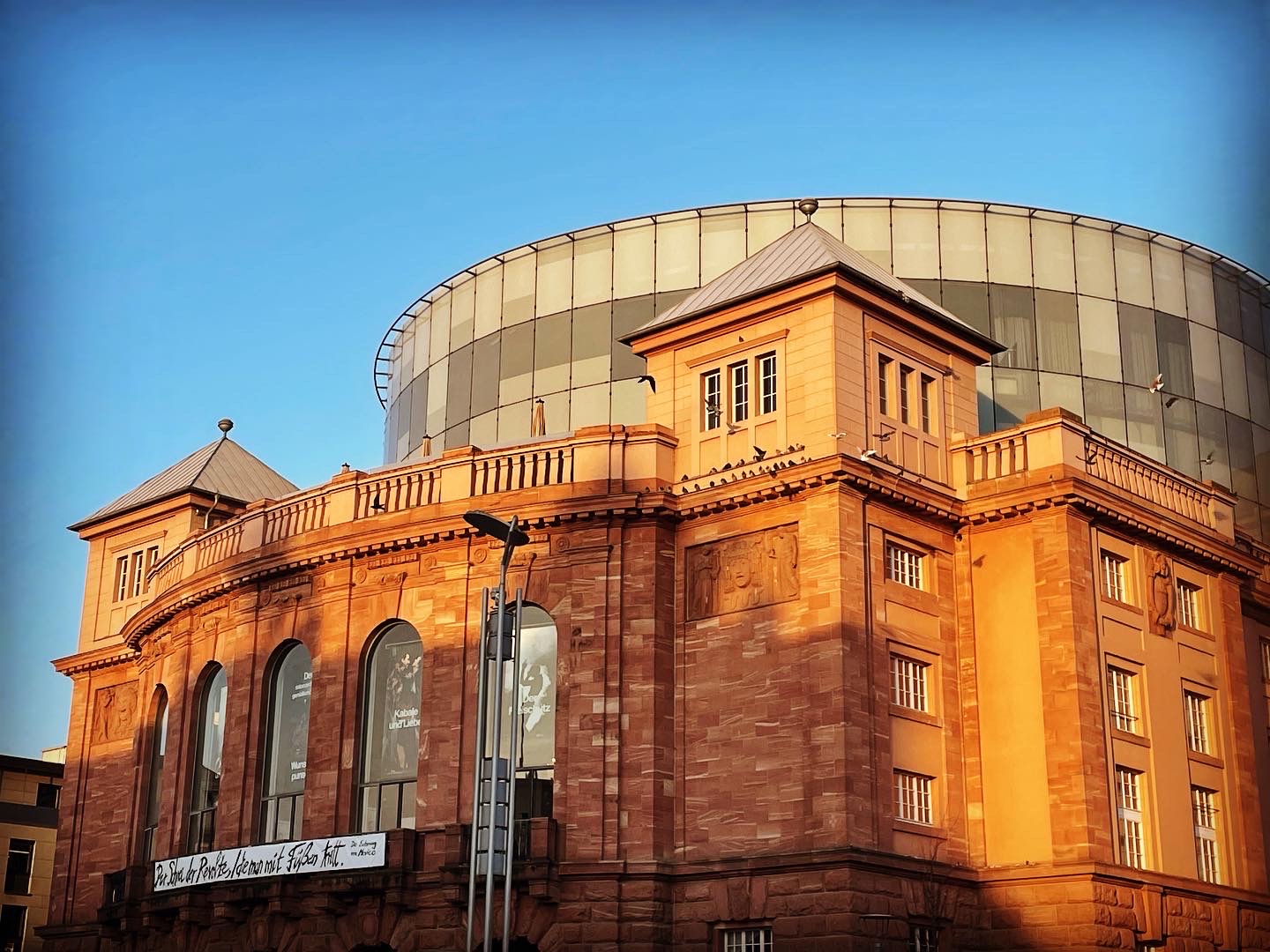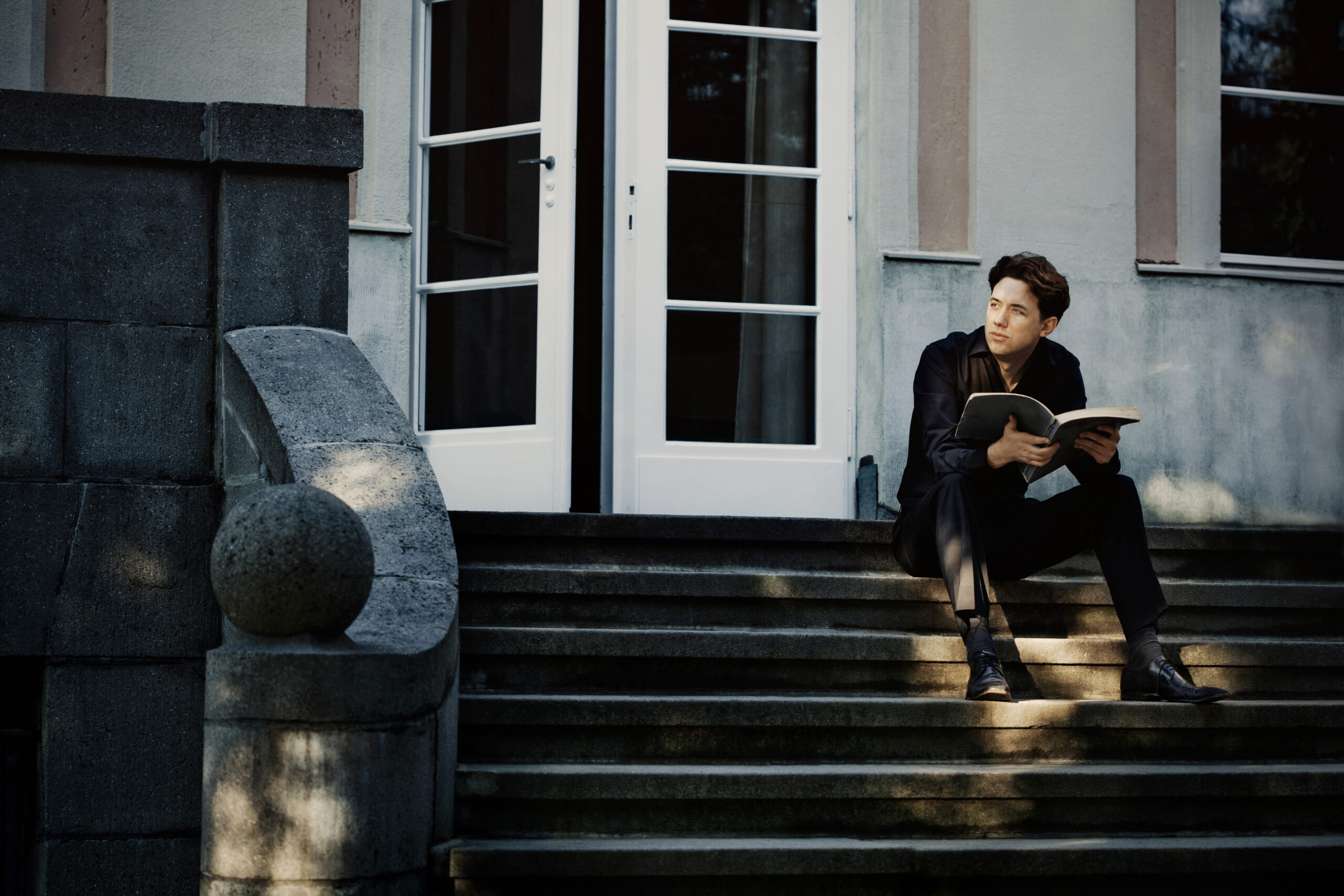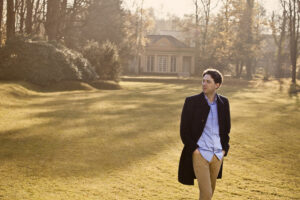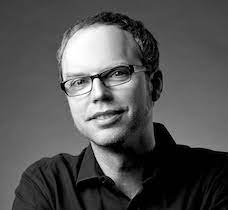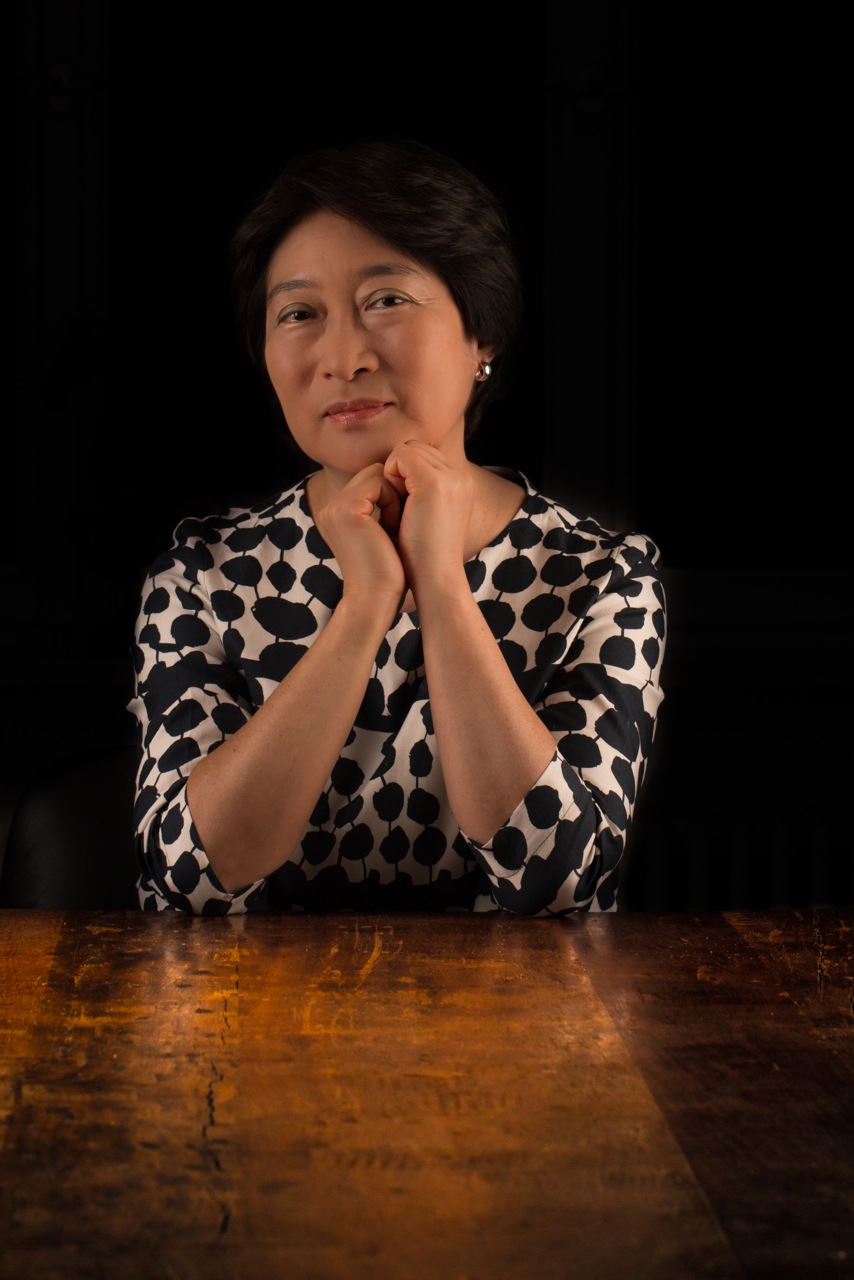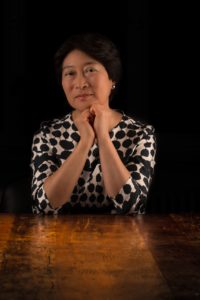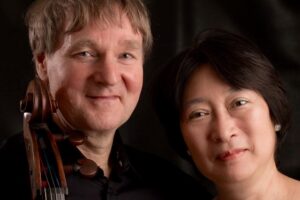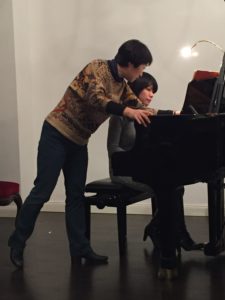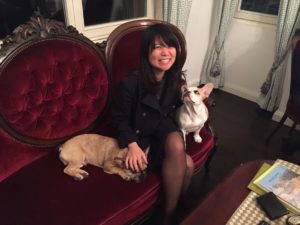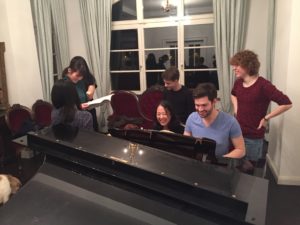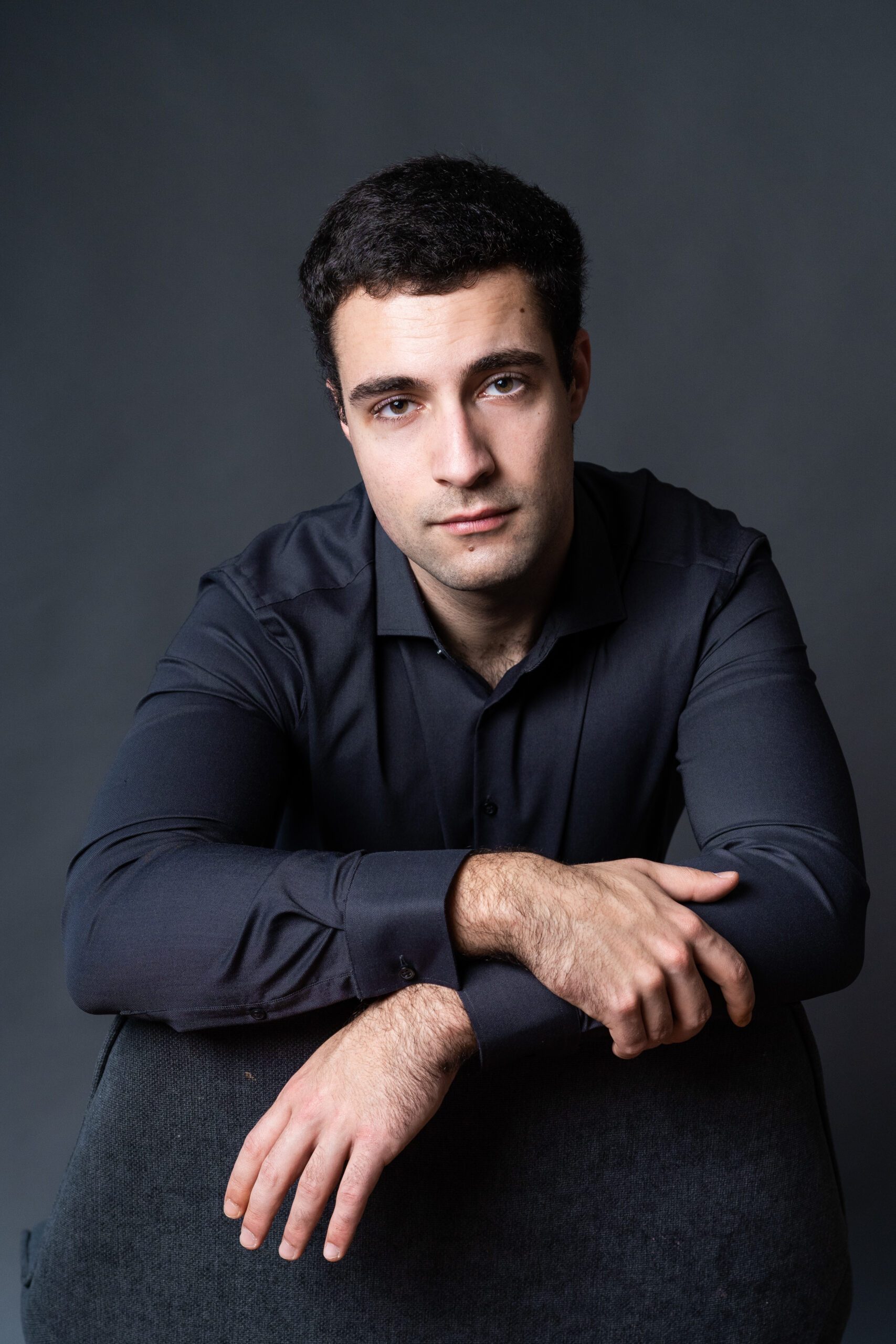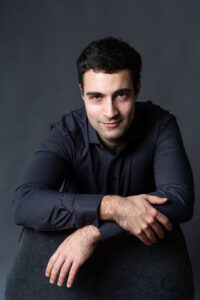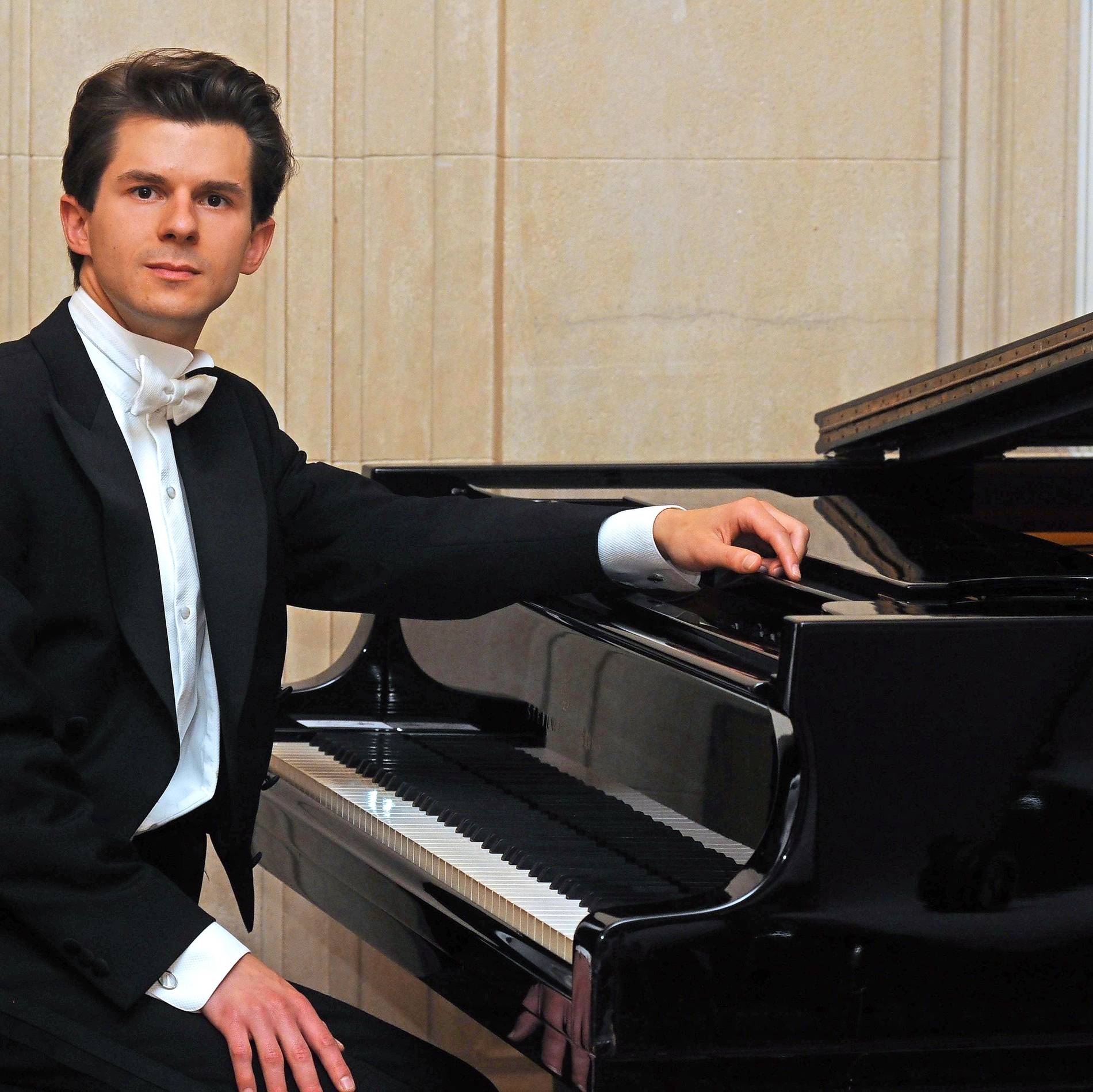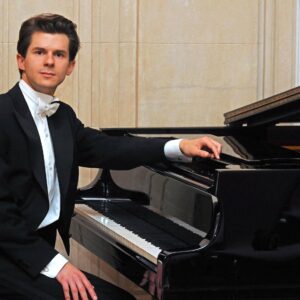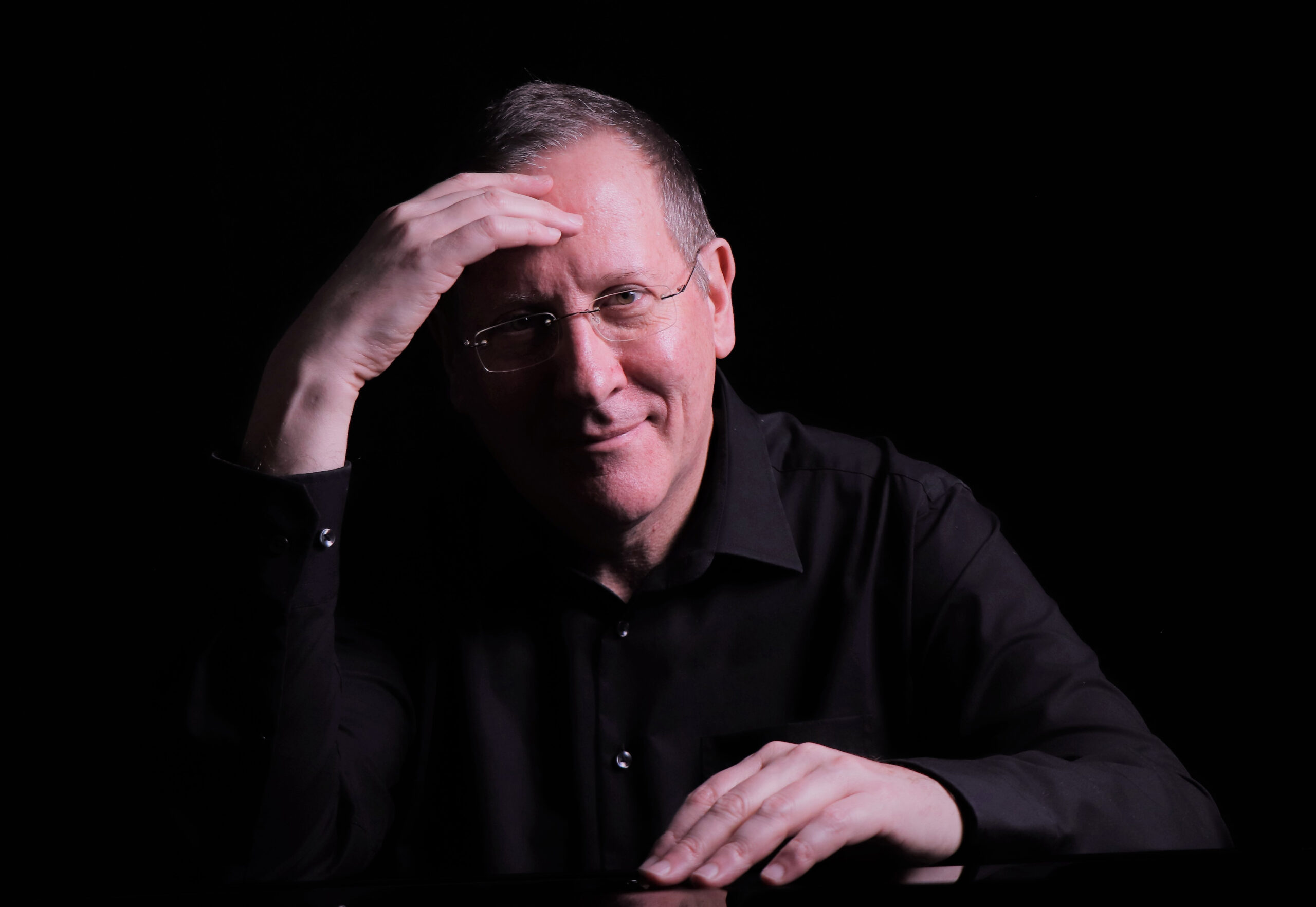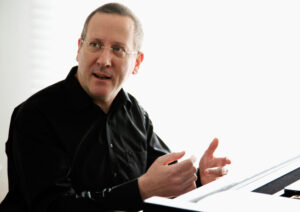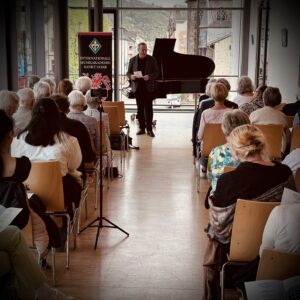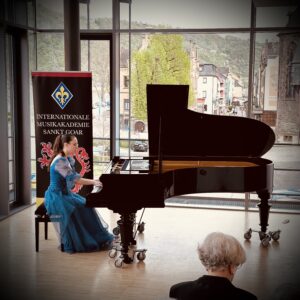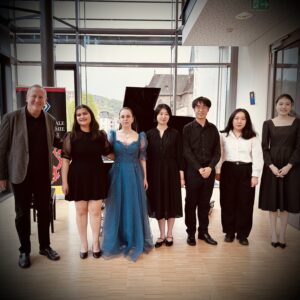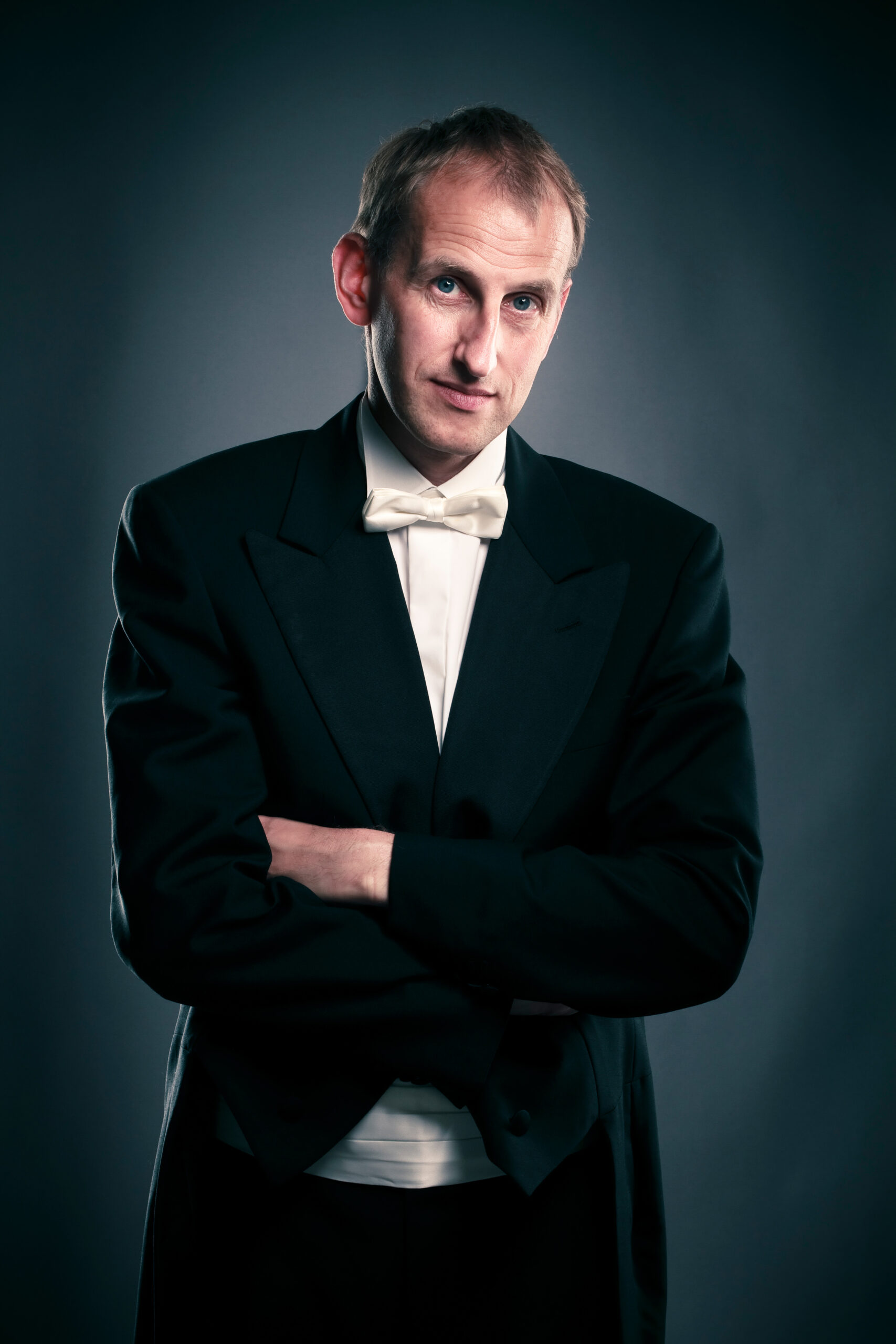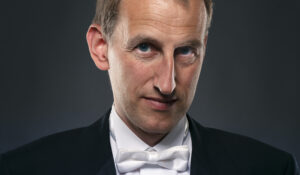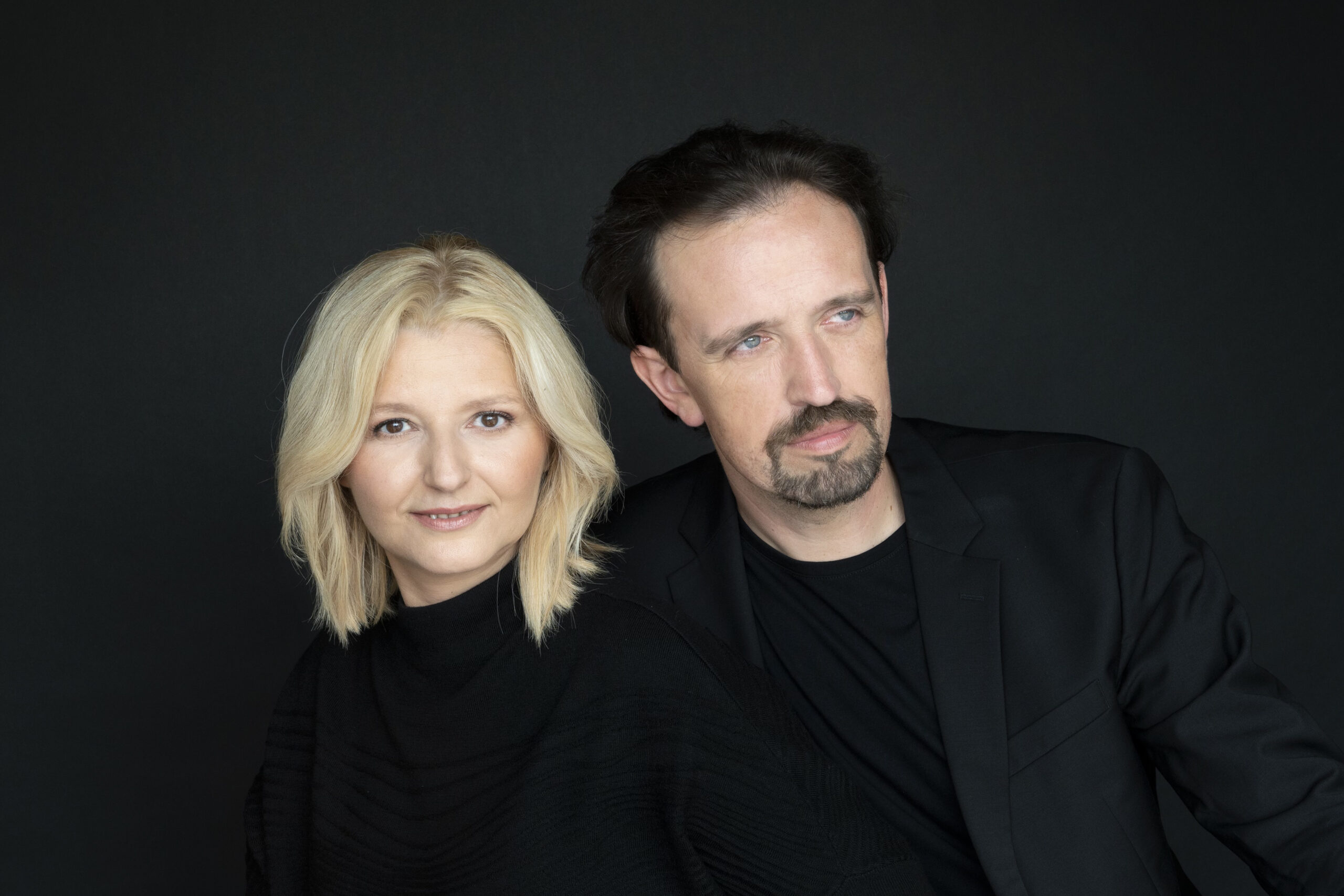
Dozenten:
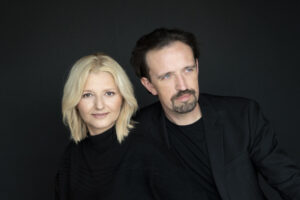
Olha Chipak und Oleksiy Kushnir gehören als Klavierduo zu den renommiertesten Ensembles der Kammermusikszene.
Prägende Einflüsse in ihrer künstlerischen Entwicklung bekamen sie in ihren Studienjahren bei dem Klavierduo Hans-Peter und Volker Stenzl sowie bei Maria Krushelnytzka, Nelja Pasteliak, Jozsef Örmeny.
Olha Chipak und Oleksiy Kushnir sind an der Hochschule für Musik und Theater sowie an der Lwiw National Musikakademie (Ukraine) als Lehrende tätig.
Das Piano Duo Chipak–Kushnir ist auf Bühnen in Europa, den USA und China regelmäßig zu Gast. Die internationale Bühnenetablierung kam nicht zuletzt dank Erfolgen bei wichtigen Klavierduowettbewerben:
1. Preis und Spezialpreis für zeitgenössische Musik – „Rom-98“, 2. Preis – TIM (Torneo Internazionale di Musica) (2000), 2. Preis – Kammermusikwettbewerb – Caltanissetta (2000), 1. Preis – „Premio Seiler“ – Palermo (2002), 2. Preis –– „Palma d’Oro“ – Finale Ligure (2002), 1. Preis und Spezialpreis – Bialystok (Polen, 2002), 1. Preis „Klavierduo im 20.Jahrhundert“ – Premio Valentino Bucchi (2003), 2. Preis und Publikumspreis – „Dranoff Two Piano Competition“ – Miami (2003), 1. Preis und Spezialpreis – San Marino Klavierwettbewerb (2006)
Die Einspielung der Werke von Johannes Brahms, Max Reger und Sergei Rachmaninow gewann den „Web Concert Hall Competition”. Weitere Tonträger erschienen bei GENUIN – mit Musik von Johannes Brahms und die CD-Aufnahme „Masques“ mit Ersteinspielungen von Igor Strawinsky, Maurice Ravel, Abram Chasins, Franz Liszt, Sergei Rachmaninow – erhielten viel Anerkennung in der Fachpresse und beim Hör- und Fernsehfunk.
Daten:
Ankunft: Mittwoch, 1. Mai 2024, bis 12 Uhr
Dozentenkonzert: Mittwoch, 1. Mai 2024, 18:30 Uhr
Abschlusskonzert: Samstag, 4. Mai 2024, 18:00 Uhr
Abreise: Sonntag, 5. Mai 2024, bis 14 Uhr
Kursdetails
Zum Kurs sind vor allem Studierende und fortgeschrittene junge Pianisten eingeladen – egal ob vor unmittelbaren Prüfungen, Wettbewerben, Projekten oder einfach mitten im Studium. Auf spezielle Weise richtet sich der Kurs an Klavierduos (vierhändig oder an 2 Klavieren), die auf der Suche nach neuen Anregungen sind.
Zum letzten Schliff sind auch Teilnehmer des Bundeswettbewerbs „Jugend musiziert“ 2024 in der Klavierduo-Kategorie herzlich willkommen.
Der Kurs beginnt am 01.05.2024 mit einem Dozentenkonzert. Die Teilnahmegebühr beinhaltet die Unterbringung, einen täglichen Unterricht, eine Schiffsfahrt, den Besuch des Beethoven-Museums Bonn sowie eine Mitwirkung am Konzert der Teilnehmerinnen und Teilnehmer am 04.05.2024.
Unterbringung:
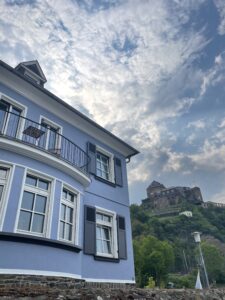
Die Teilnehmerinnen und Teilnehmer werden in der Akademie, einer wunderschön am Rhein gelegenen und vollständig auf die Bedürfnisse einer Akademie eingerichtet untergebracht.
Verpflegung:
Es steht eine Küche zur Selbstversorgung zur Verfügung! In einem Supermarkt in der Nähe können Lebensmittel gekauft werden. Es wird zu einem gemeinsamen Einkauf geraten. Gekocht werden kann dann aus der Gruppe jeden Tag ein anderes Team.
Zimmer:
Im Geiste der Romantik findet bei den Kursen der Internationalen Musikakademie Sankt Goar alles unter einem Dach statt: Leben, Lernen, Essen und Schlafen. Daher werden die Teilnehmerinnen und Teilnehmer im Gebäude der Musikakademie untergebracht.
Anmeldung:
Um sich anzumelden, müssen Sie entweder:
(a) von Frau Chipak und Herrn Kushnir empfohlen werden, oder
(b) ein unbearbeitetes Video (z.B. mittels eines YouTube-Links) übermitteln.
Darüber hinaus müssen Sie das Anmeldeformular online ausfüllen, dieses abschicken und die Bearbeitungsgebühr von €40,- bezahlen.
Anmeldeschluss: 1. April 2024
Kosten:
Kursgebühr (inkl. Unterbringung, täglicher Unterricht, Schifffahrt, Besuch des Beethoven-Museums in Bonn sowie Mitwirkung im Konzert):
Klavier solo: €450,-
Klavierduo (zwei Personen): €650,-



